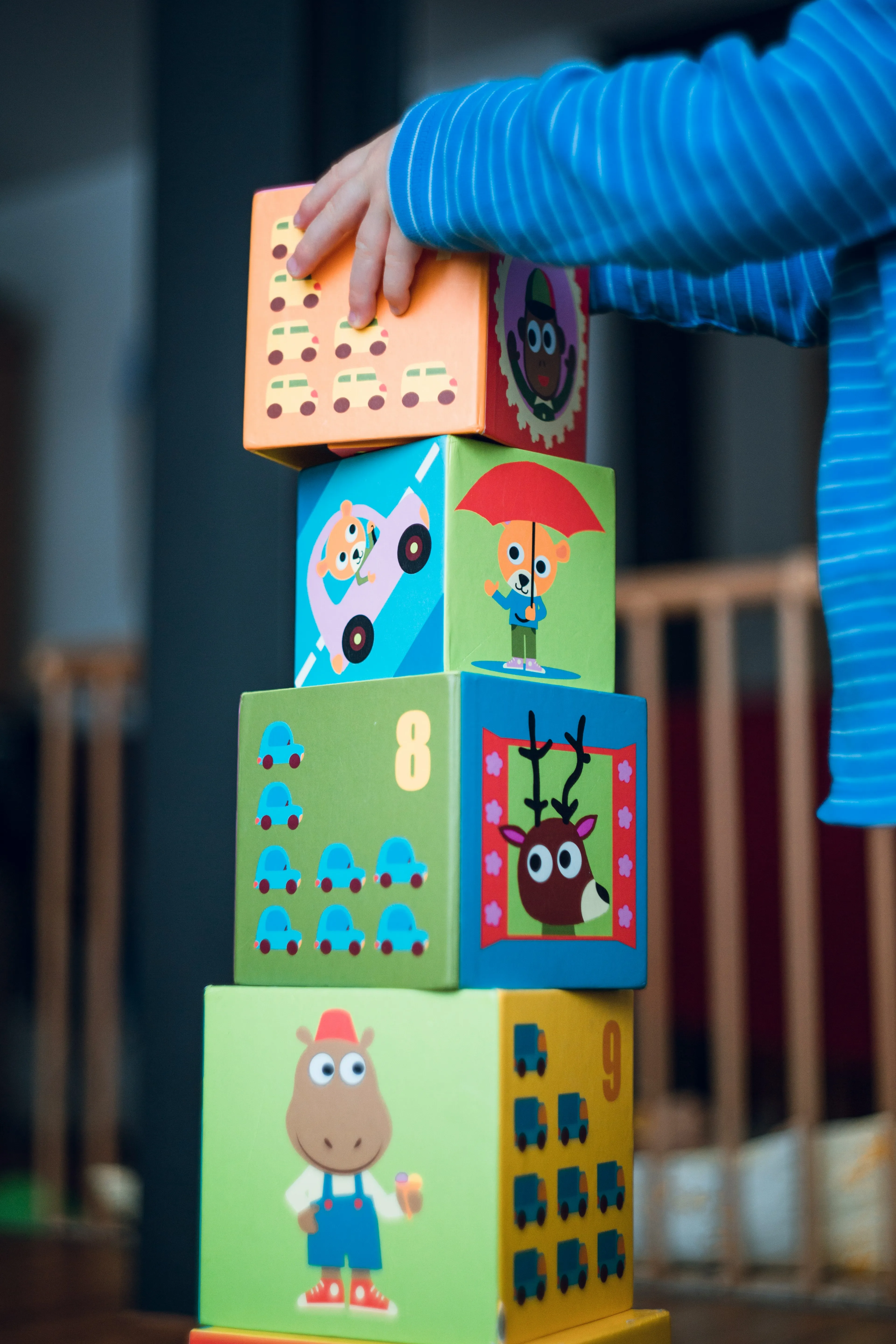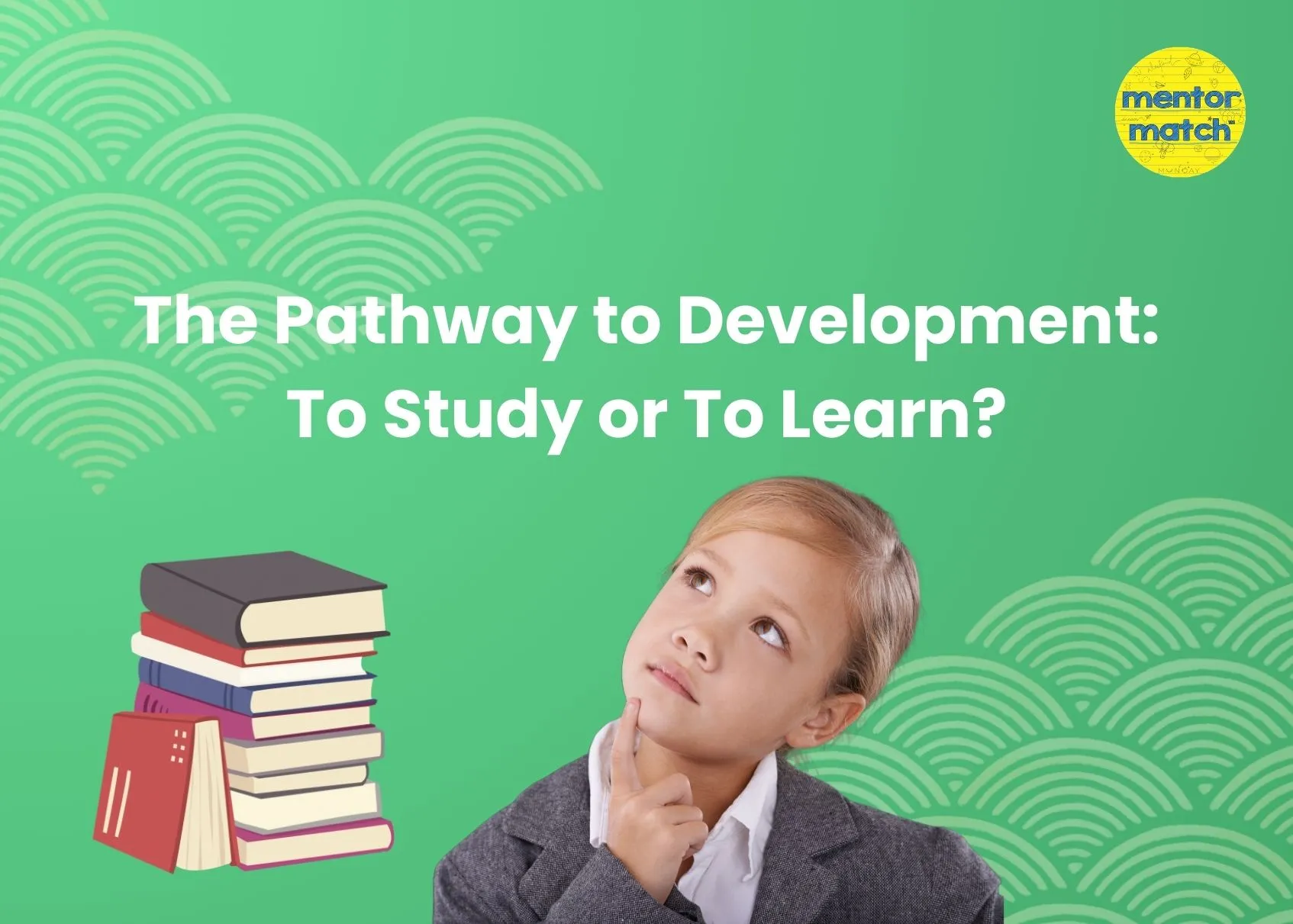
77.32% of parents see better grades in 3 months!
In today’s fast-paced world, the pressure to achieve high grades and excel academically is immense. But is studying for the sake of passing exams truly the best pathway to development?
Studying for exams might help your child get good marks, but it often means memorizing facts without really understanding them. This kind of studying can help in the short term but doesn’t stick with them. On the flip side, focusing on learning as a process helps kids understand concepts deeply, think critically, and actually enjoy what they’re studying.
Learning gives them an advantage at taking tests too as it has a higher retention rate than studying. Let’s dive into the details and differences between studying and learning, and why one might be more beneficial than the other.
Studying: The Traditional Route
Studying often involves cramming information into your brain for the purpose of recollecting it on a test. It’s a short-term solution focused on memorization and rote learning.
Cramming for Exams
Imagine your child has a big test coming up. They spend hours flipping through textbooks, memorizing key points, and trying to remember as many facts as possible. They might ace the test, but how much of that information will they recall after a month? Studying solely for exams often results in zero retainability.

Learning: The Lifelong Journey
Learning, on the other hand, is a holistic and engaging process. It’s about understanding concepts, applying knowledge in real-life situations, and developing critical thinking skills.
Understanding
When your child is genuinely learning, they’re not just aiming to pass a test. They’re building a foundation of knowledge that stays with them. Think about a topic you explored out of genuine interest. Isn’t it easier to talk about and explain? That’s because you were learning and not just studying for a test.
Learning is about completely dissecting a subject, getting all the “whys” and “hows” answered, and really understanding the material. It’s like when you enter a garage and see a mechanic pull apart a car. Every part of the car is laid out, making it easier to remember its functionality and understand how everything fits together. Similarly, when your child truly learns, they’re piecing together a complete picture of the topic, making it easier to recall and apply the information indifferent situations.
Encouraging this kind of deep learning helps your child develop critical thinking skills and a genuine interest in their studies, setting them up for long-term success both academically and in life.
Mentor Match’s master mentors ensure to connect with their students and instill a thirst for learning in their one-on-one sessions. They understand how crucial genuine learning is for a child's growth, and they strive to make each session engaging and inspiring. By focusing on understanding rather than rote memorization, they help students develop a lifelong love for learning.
The Shift from Studying to Learning: How Does it Help?
Real-World Application
Encouraging your child to focus on learning rather than just studying helps them apply knowledge in real-life scenarios. For instance, understanding the principles of physics can help them grasp everyday activities like driving a car or playing sports. This real-world application makes the information more relatable and easier to remember.
Developing Critical Thinking
Learning promotes critical thinking, a skill invaluable in academic, professional, and personal settings. When your child learns, they question, analyze, and filter information, striving to reach their own conclusions. They’ll move beyond accepting facts and become motivated to dig deeper into a subject.
Making Learning Fun
Let’s not forget the fun aspect! Learning can be an enjoyable and fulfilling experience. When your child puts in the effort to understand a subject, it no longer seems like an unsolvable puzzle but becomes an interesting narrative or even a story. This keeps their mind active and curious.

How do you Balance Studying and Learning
Despite realizing that learning is more beneficial than studying, it’s important to remember that studying is essential for meeting academic requirements. So, how do you help your child achieve that balance?
By integrating learning techniques. Encourage your child to study smart by integrating effective learning techniques. This means shifting the focus from mere memorization to a deeper understanding of concepts. Here’s how you can make study sessions more engaging and fruitful:
Understand Concepts
Instead of cramming facts, guide your child to grasp the underlying principles of the subject matter. This helps in long-term retention and application of knowledge. Encourage them to ask questions and explore the reason behind each topic.
Use Diverse Resources
Incorporate various learning materials to keep the process dynamic and interesting. Utilize videos that visually explain complex concepts, engage in discussions that stimulate critical thinking, and involve practical experiences that make learning tangible. For example, if your child is learning about ecosystems, watching a documentary and then discussing it can make the topic more relatable and memorable.
At Mentor Match’s one-on-one personalized tutoring sessions, the pathway to development is not a choice between studying or learning, but rather finding a balance that leverages the strengths of both. While studying helps a student achieve immediate academic goals, learning equips them with the knowledge and skills that last a lifetime. By fostering a balance between studying and learning, you can help your child achieve both academic success and a lifelong love of learning.



.png)
.webp)
.webp)